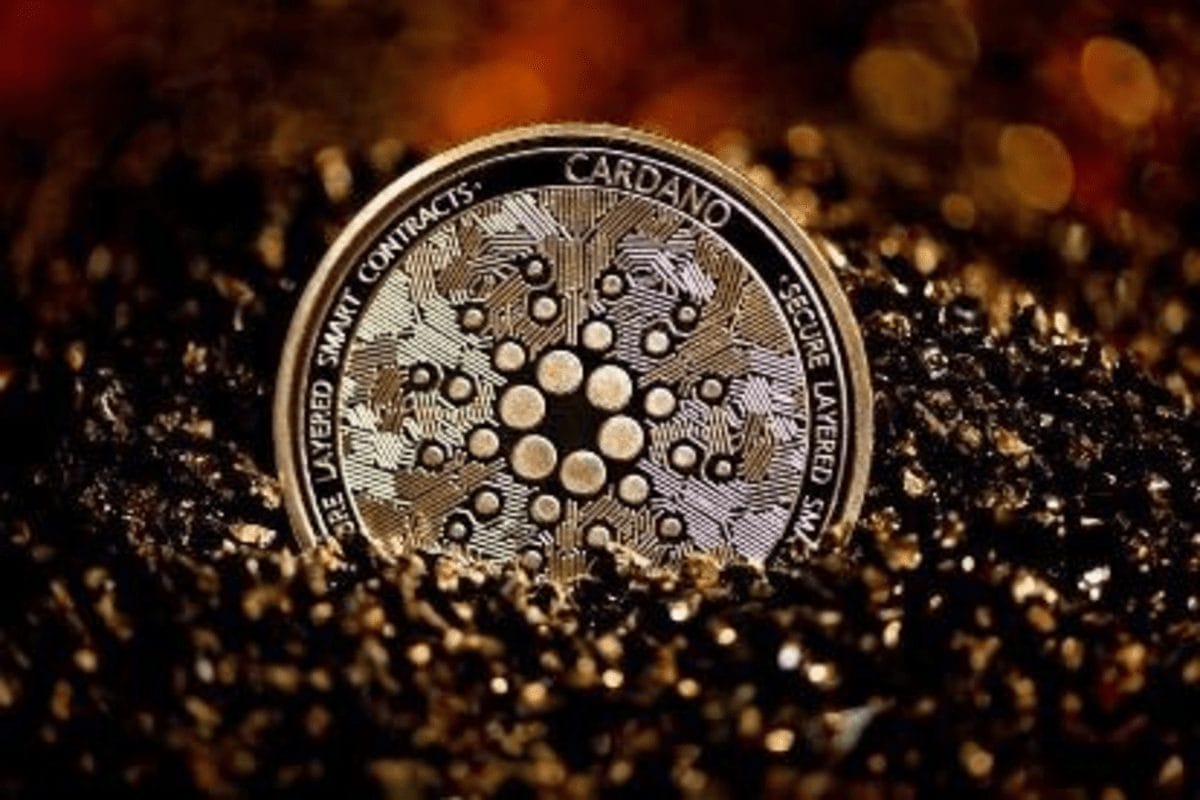The latest update on Cardano’s blockchain network, the Chang hard fork, marks a significant step towards achieving decentralized governance with the launch of the Voltaire era. This upgrade allows ADA token holders to participate in key decision-making processes through electing representatives and voting on development proposals. The hard fork is being rolled out in two phases, with the first phase already implemented, introducing the Constitutional Committee for governance oversight. The second phase, to be fully completed by 2025, will introduce Delegate Representatives and an on-chain voting system, enhancing Cardano’s governance structure.
In addition to governance changes, the upgrade includes the activation of Plutus v3, enhancing smart contract efficiency and introducing new cryptographic primitives to bolster Cardano’s technical capabilities. The governance model outlined in CIP-1694 establishes three key bodies: the Constitutional Committee, Delegate Representatives, and Stake Pool Operators, aiming to create a balanced and effective decision-making process within the Cardano network. Co-founder Charles Hoskinson and the Cardano Foundation have lauded the hard fork as a major milestone for the Cardano ecosystem, despite challenges and criticisms facing the platform.
However, despite the technical advancements of the Chang hard fork, Cardano’s native token, ADA, has not seen a positive price response. Over the past 24 hours, ADA has declined by 2.26%, reflecting broader bearish trends in the cryptocurrency market, particularly with Bitcoin and Ethereum. ADA has been on a downtrend since March, losing approximately 50% of its value over the past six months, dropping from $0.80 to the current price of $0.33. Critics have pointed out slow progress compared to other blockchain platforms and view Cardano’s research-driven approach as overly complex, impacting adoption and developer engagement.
Despite the challenges and criticisms, the Cardano community remains optimistic about the future of the blockchain platform. The Chang hard fork and the launch of the Voltaire era represent a significant step towards achieving decentralized governance, empowering ADA token holders to participate in decision-making processes. The implementation of Delegate Representatives and an on-chain voting system in the second phase will further enhance Cardano’s governance structure, solidifying its position as a leading blockchain platform. With ongoing technological advancements and community support, Cardano continues to strive for innovation and growth in the digital asset landscape.










